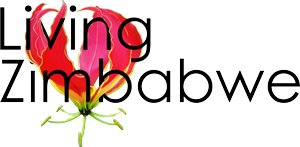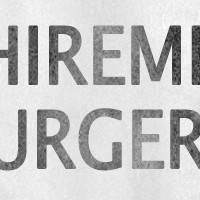Now and then, we face situations where we are involved in accidents or, things go wrong with our bodies and we need emergency medical attention. During these times we really aren’t left with much of a choice but to seek medical attention in order to get back to a normal or close to normal state of being. Not seeking help could mean death or a diminished quality of life due to health complications.
Here are two instances from the very recent past where people have been in situations where they needed medical attention.
One was involved in a car accident resulting in a fractured limb. They went to Parirenytwa and when there, no one seemed too interested in attending to them. Seeing as they weren’t going to get the help they needed, they ended up going to the Avenues Clinic. The other had a sudden onset medical situation that required urgent attention. Given the state of government-run institutions, they decide to bypass Pari and made their way to The Avenues.
On arrival, both were welcomed into the hospital but before they were attended to, the issue of payment was brought up. The accident victim who wasn’t critical was lucky enough to have some money on them to get treatment started. What they had wasn’t enough to cover all expenses and they had to call upon relatives for a top up to cover all the expenses.
The other person was critical and required urgent surgery. This person only had some money on them but nowhere near the amount required to cover the costs. Given the situation, surgery was carried out after giving a guarantee that they had access to funds to make full payment. They too had to call upon relatives both locally and abroad (via a WorldRemit transfer) for assistance in order to make up the difference.
In the end, both got the treatment that they needed after spending well over $1000!
Even if you do have that amount of money sitting in the bank getting cash out is easier said than done. How do you access the amounts that you need, given the current daily withdrawal limits imposed by the banks? Instead of concentrating on getting treated, people find themselves stressing about how they can or can’t afford to pay for treatment.
This difficult situation is further compounded by a shortage of (disgruntled) medical personnel, inadequate infrastructure, shortage of drugs and so on.
The sad thing about events like these is that once upon a time, anyone could walk into a government run hospital, receive good quality care and pay a nominal fee. Nowadays, if you are aged between 5 and 65 years, you can expect to pay $20 for a consultation at a government run hospital. Depending on what prompted you to seek medical attention, the costs can rise. How high they rise depends on any tests, follow up treatments, specialist consultations, medication and so on that may be required.
What does one do when they clearly need treatment but don’t have the money? Do they seek alternative forms of treatment or do they just go home and hope for the best?
That begs the question, how do you afford emergency medical care in Zimbabwe?


No comments yet.